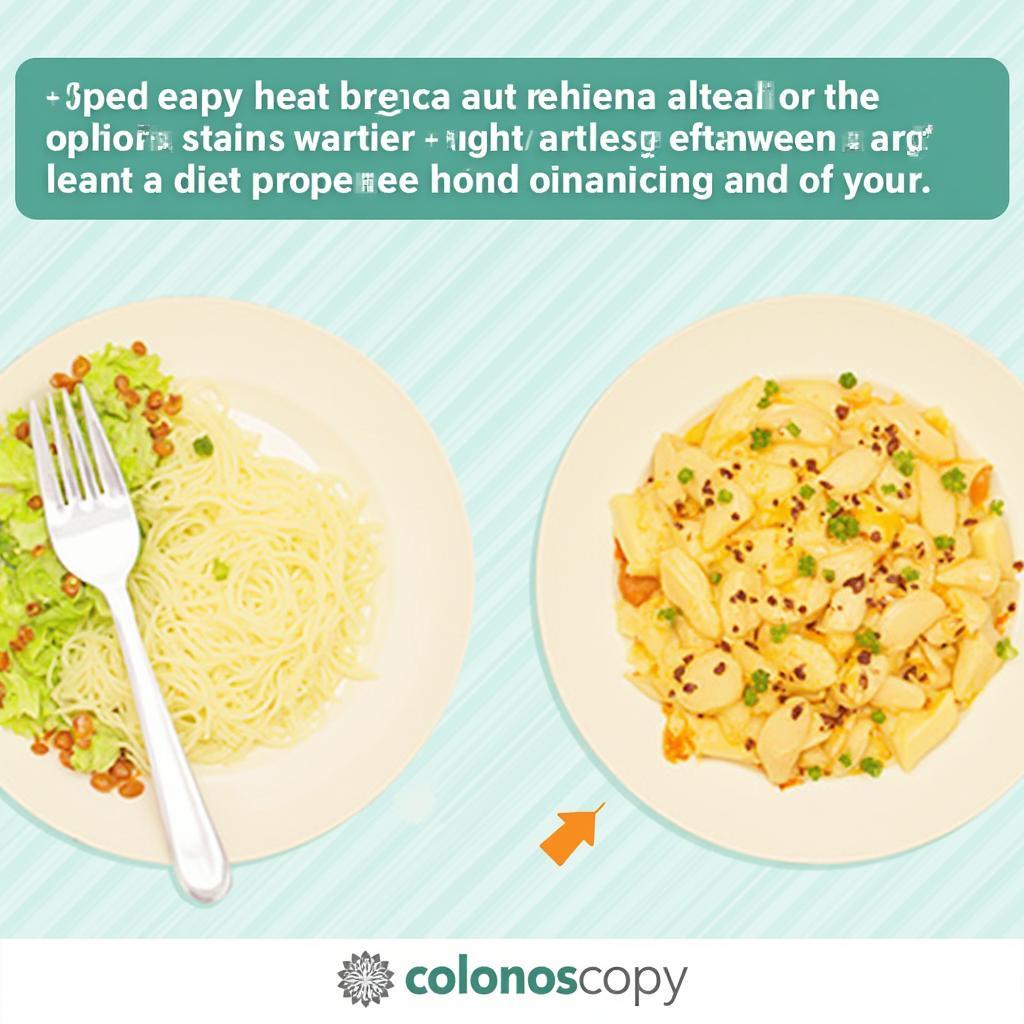
How to Start Cooking From Scratch: A Beginner’s Guide
Cooking from scratch can seem daunting, but it’s a rewarding skill that opens up a world of culinary possibilities. It empowers you to control the ingredients, flavors, and nutritional value of your meals. This comprehensive guide will provide you with the essential steps, tips, and resources to confidently embark on your from-scratch cooking journey.
Similar to how to cook hash browns in the air fryer, mastering basic techniques is key to success.
Building Your Kitchen Arsenal: Essential Tools and Equipment
Starting to cook from scratch doesn’t require a professional kitchen, but having the right tools can make the process much smoother. Focus on acquiring these basics:
- A good chef’s knife: This is your workhorse for chopping, slicing, and dicing.
- Cutting board: Choose a durable, non-porous material like wood or plastic.
- Mixing bowls: A set of various sizes will handle all your mixing and prepping needs.
- Measuring cups and spoons: Accurate measurements are crucial for consistent results.
- Saucepans and pots: Start with a small and medium saucepan, and a larger pot for boiling pasta or making soups.
- Baking sheet: Essential for roasting vegetables, baking cookies, and more.
“Investing in a few quality tools will make a huge difference in your cooking experience,” says Chef Michael Smith, renowned culinary instructor.
 Essential Kitchen Tools for Beginners
Essential Kitchen Tools for Beginners
Stocking Your Pantry: Essential Ingredients
A well-stocked pantry is the foundation of cooking from scratch. These staples will allow you to create a variety of dishes:
- Dried goods: Rice, pasta, beans, lentils, and quinoa offer versatile bases for meals.
- Canned goods: Tomatoes, beans, broth, and tuna are convenient and long-lasting.
- Oils and vinegars: Olive oil, vegetable oil, balsamic vinegar, and red wine vinegar are essential for flavor and dressings.
- Spices and herbs: Salt, pepper, garlic powder, onion powder, oregano, and basil are just a few staples to start with.
- Baking essentials: Flour, sugar, baking powder, and baking soda are crucial for baking projects.
Mastering Basic Cooking Techniques
Once you have your tools and ingredients, it’s time to learn some fundamental cooking techniques:
- Knife skills: Learn basic chopping, dicing, and mincing techniques.
- Sautéing: This involves cooking food quickly in a small amount of fat over high heat.
- Roasting: Roasting vegetables or meats brings out their natural sweetness and enhances flavor.
- Boiling: Essential for cooking pasta, rice, and vegetables.
- Simmering: This gentle cooking method is perfect for soups and stews.
 Basic Cooking Techniques Demonstration
Basic Cooking Techniques Demonstration
Planning Your Meals: From Inspiration to Execution
Meal planning is key to successful from-scratch cooking. It saves time, reduces food waste, and ensures you have the necessary ingredients on hand.
- Start with simple recipes: Choose recipes with a few ingredients and easy-to-follow instructions.
- Create a weekly meal plan: Decide what you want to cook for each meal and make a grocery list accordingly.
- Prep ingredients in advance: Chop vegetables, measure spices, and marinate meats ahead of time to streamline the cooking process.
This principle applies to various cooking methods, including learning how to cook a pizza in a pizza oven.
Embracing the Journey: Tips for Success
Cooking from scratch is a journey, not a destination. Here are some tips to help you along the way:
- Don’t be afraid to experiment: Try new recipes and flavors.
- Start small and gradually increase complexity: Begin with simple dishes and gradually work your way up to more challenging recipes.
- Taste as you go: Adjust seasonings and flavors to your liking.
- Be patient and persistent: Cooking from scratch takes practice, so don’t get discouraged if your first attempts aren’t perfect.
“The beauty of cooking from scratch lies in the creative process and the satisfaction of creating something delicious from simple ingredients,” shares food blogger, Sarah Jones.
Just as with can cooked pork tenderloin be frozen, understanding food storage is crucial.
Starting with Simple Recipes: Easy Wins
Start your from-scratch cooking journey with simple, beginner-friendly recipes:
- Roasted chicken: A classic dish that requires minimal ingredients and effort.
- Vegetable soup: A hearty and nutritious meal packed with flavor.
- Pasta with marinara sauce: A quick and easy weeknight dinner.
- Homemade salad dressings: Elevate your salads with fresh, flavorful dressings.
If you enjoy slow cooking, check out this guide on How Long to Cook Frozen Meatballs in a Crockpot: The Ultimate Guide for Delicious and Easy Meals. It provides valuable insights into time management and flavor development.
Understanding your equipment is also essential. For example, you might wonder, Can You Cook on a Blackstone Griddle Right After Seasoning? Is It Safe?. This resource can clarify your queries about proper griddle use.
Conclusion
Learning how to start cooking from scratch is a rewarding endeavor that empowers you to take control of your diet and enjoy delicious, homemade meals. By following these steps and embracing the journey, you’ll soon be creating culinary masterpieces in your own kitchen. Start cooking from scratch today and discover the joy of preparing wholesome and flavorful food for yourself and your loved ones.



Comments (0)